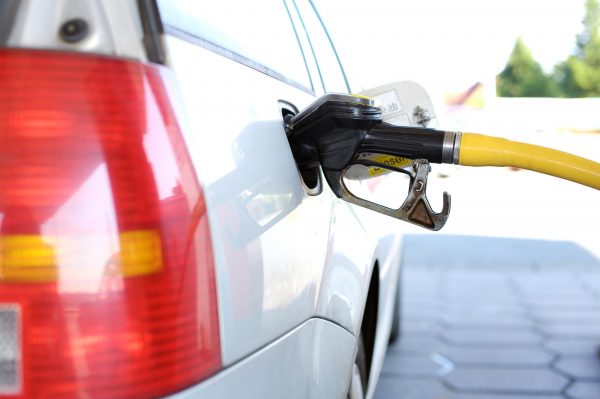Choosing between a diesel and a petrol-fuelled vehicle will involve many options which might impact your choice.
These will include the cost of the car, fuel prices, car tax, insurance premiums and environmental considerations. You might also like to consider other options after the government announced in 2017 that the sale of new diesel and petrol cars and vans will be banned from 2040. The news accelerated interest in alternative power units such as electric-powered cars, particularly since the government also offered financial incentives to make the switch to what is seen as an environmentally friendly alternative.
Financial consequences
Different drivers will have their preferred option regardless of the financial consequences but putting that aside, here are some of the issues which will affect your running costs and initial outlay.
Until recently, the purchase of a diesel car was likely to be more expensive than its petrol equivalent but retained a higher proportion of its value on resale. However, following the scandal over diesel emissions and a clampdown by many local authorities on diesel vehicles in city centres, second-hand values have fallen. These disadvantages are slightly offset by the fact that although diesel remains a more expensive option on the forecourt, the engine is more economical than its petrol equivalent if your journeys are lengthy, involve motorway driving and you average around 12,000 miles each year.

Costs
Insurance is also an issue. If you are involved in the motor trade, you will be aware that diesels attract higher premiums because of their higher repair costs. Even so, you may have opted for diesel for you and your staff needs and so will be looking at motor trade insurance found at sites such as quotemetoday.co.uk/motor-trade-insurance.
Previously, some of the extra initial costs of driving a diesel could have been offset against road tax savings, but now amendments to the system introduced in 2018 mean that diesel owners pay an increased amount in the first year, and so now savings are reliant on fuel economy.
Petrol vehicles remain more popular and for low-mileage drivers, this reflects the correct choice. Although diesels have moved on immensely they remain unlikely to be cheaper in the long run unless you are clocking up high mileage. Even so, the choice will remain with the driver, and everyone has a favourite.


